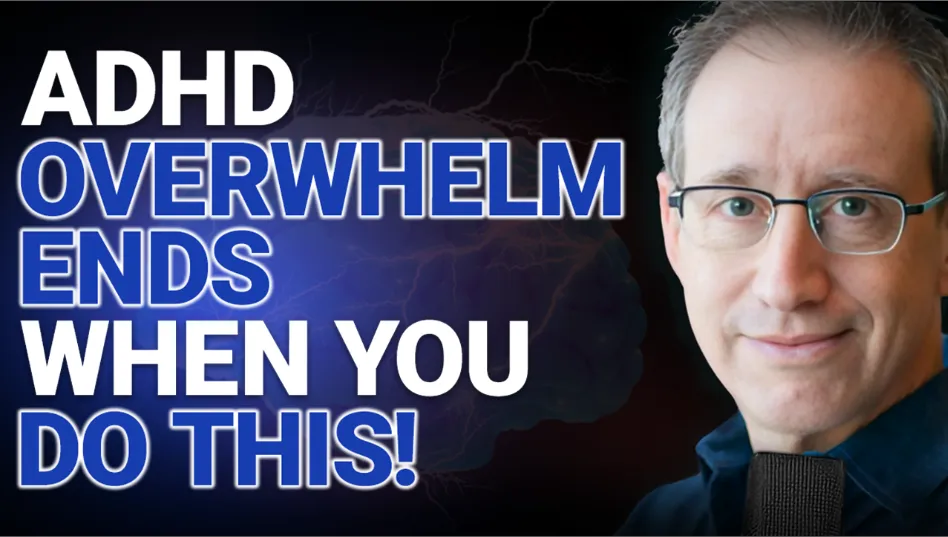Rocket Ship Founder Podcast
Rocket Ship Founder is my weekly podcast dedicated to supporting Founders on their journey. Episodes are short (around 12 minutes) but high value. Each week I dig into a particular topic on Founder life. Special focus on helping ADHD Founders, building great offers and reliable lead flow. Enjoy!
Previous Posts and Podcast Episodes

Why Is ADHD Task Management Key to Better Focus
In today’s fast-moving world, many entrepreneurs and professionals struggle with productivity. They must handle endless tasks, answer demands quickly, and push forward with new ideas. This pressure often creates stress and overwhelm.
For people with ADHD, the challenge is even greater. Our minds generate constant streams of thoughts, projects, and to-dos that all seem urgent.
Standard productivity advice often fails because it does not fit how ADHD brains work. That is why ADHD task management needs a more practical and tailored approach.
I am Steve August, Founder of ADHD Entrepreneur Accelerator and August & Wonder. I work with people who face these struggles every day. Through my Weekly OS system and accelerator groups, I guide clients to build structure, prioritize with intention, and reduce overload.
Instead of fighting ADHD, I teach people to work with their brains. With this shift, they learn to manage energy, create more free time, and grow in both work and life.
In this article, I will share the same strategies I use with my clients. You will learn the difference between dropping tasks and putting them down. You will see why weekly planning creates stability.
You will discover how intentional choices reduce overload and why permission to let go is essential. These tools will help you focus on what matters most and move forward with confidence.
Dropping vs Putting Down in ADHD Task Management
ADHD brains create endless streams of ideas, thoughts, and to-dos. Everything feels urgent, and tasks pile up. This leads to overload and forgotten tasks. People then feel guilty for “dropping the ball.”
Dropping vs. Putting Down
There is an important distinction.
Dropping balls happens when tasks slip away unnoticed. It feels like failure.
Putting balls down means making a choice. You decide what to set aside and focus on.
Choosing to put tasks down gives you control. Instead of reacting when something falls, you plan what to release.
The Wall of Everything Now
ADHD minds treat all tasks as equal. Every idea feels urgent. This builds what can be called the “Great Wall of Everything Now.” Nothing stands out, so the brain freezes under pressure.
To break this wall, you must separate tasks. Ask yourself:
Which actions support my goals today?
Which can wait for later?
Which may never need action?
Shifting the Mindset in ADHD Task Management
ADHD brains are additive. They love stacking new ideas without removing old ones. This makes the lists endless. But not all tasks deserve attention. By choosing, you shrink the wall and free your focus.
Why This Works
When you put balls down with intention, you create space. You no longer spend energy juggling everything. Instead, you direct effort toward the tasks that truly matter. That shift leads to progress instead of guilt.
Why Weekly Planning Matters in ADHD Task Management
Weekly planning helps ADHD minds stay grounded. Without it, tasks flood the week and demand attention all at once. Planning creates a safe container to choose what matters.
Best Time to Plan
Many people plan on Friday. Doing so clears the weekend for rest and starts Monday with clarity. You know what to expect, and stress drops.
What to Review Each Week
Your goals or mission. What are you working toward?
Current projects. Which ones create the most impact?
Tasks at hand. Which must be done now, and which can wait?
Filtering the List
ADHD brains raise every task to urgent status. Weekly planning forces separation:
Must-do this week.
Schedule for later.
Remove if not useful.
This structure ensures your time supports your goals instead of random ideas.
Adjusting Midweek
Plans can shift. If stress rises, review midweek. Reorder tasks and remove low-impact work. This prevents overload from returning.
Benefits of Weekly Planning in ADHD Task Management
Less guilt over incomplete tasks.
Clearer focus on key actions.
More progress with fewer distractions.
Calm, not chaos.
Weekly planning is not rigid control. It is a tool that balances creativity with steady movement forward.
Managing Overload Through Intentional Choices
ADHD overload comes when every idea feels urgent. The brain pushes you to do everything now. This pressure causes paralysis.
The Three Questions
Ask yourself these questions when overloaded:
What must I finish this week?
What can wait until later?
What may never need to be done?
These questions break the illusion that everything is equally urgent.
Sequencing Brings Progress
Tasks gain power when sequenced. You handle the right ones at the right time. This avoids wasted energy. For example, answer the three most important emails today instead of chasing twenty.
Tools and Support
External systems help ADHD minds. Coaches or mentors give accountability. Digital dashboards help sort tasks in order. Even trusted peers can help you filter decisions.
From Reaction to Strategy
Overload fuels guilt. You feel you are failing as tasks slip. Intentional choices replace guilt with confidence. Instead of reacting, you decide. This change clears space in the mind for forward action.
Example of Application
Imagine facing a list of twenty ideas. Without structure, they all feel urgent. By sequencing, you keep three, set five for later, and discard the rest. You now have clarity and energy for meaningful action.
Overload does not need to rule you. Intentional choices give power back to you.
Permission to Let Go in ADHD Task Management
ADHD often brings perfectionism. The mind says, “If I don’t do it all, I fail.” This belief fuels guilt when tasks slip away.
What Permission Means
Permission is an active choice. You decide to let go, not because you gave up, but because you chose better. This removes regret and strengthens focus.
A Simple Method
Keep tasks tied to your goals.
Delay tasks that may help later.
Release tasks that no longer serve you.
Why It Feels Hard
Letting go can feel wrong because many tasks look useful. But usefulness is not enough. The test is impactful. Will it truly move you forward now? If not, it does not deserve space today.
Protecting Mental Energy
Each choice to let go frees your mind. You stop freezing under pressure. Energy shifts from juggling everything to finishing what matters most.
Building Trust in ADHD Task Management
Permission is built on trust. You trust your judgment. You trust that fewer, focused actions will create more results than chasing all tasks. Over time, this trust grows into confidence.
Letting go is not failure. It is the practice of focus. With every task you release, you gain freedom to act where it counts.
Conclusion
ADHD task management is not about doing more. It is about choosing wisely and focusing on what truly matters. When you learn to put tasks down with intention, you take control instead of feeling guilty for letting things slip. This mindset turns overwhelm into clarity.
Weekly planning builds the structure to support that clarity. By reviewing goals and tasks each week, you separate what must be done from what can wait. This habit keeps your energy focused on meaningful work while reducing stress.
Managing overload also means asking honest questions. What is essential right now? What can be delayed? What no longer deserves attention? These questions cut through the noise and prevent the freeze that often comes with ADHD overload.
Equally important is giving yourself permission to let go. Not every task adds value. By choosing to release low-impact work, you protect your energy for what matters most. This practice builds trust in your own judgment and strengthens your confidence over time.
That said, progress does not come from chasing everything. It comes from directing effort toward the few actions that align with your goals. With practice, you create space for both achievement and peace of mind.
FAQs
What is ADHD Task Management in simple terms?
ADHD task management means creating systems that help you handle daily demands with clarity. It focuses on choosing the right tasks, reducing overload, and keeping progress steady.
Why is ADHD Task Management harder than regular time management?
ADHD brains treat every task as urgent, which makes prioritizing harder. Without clear systems, everything feels equally important, leading to stress and paralysis.
Can ADHD Task Management improve personal life as well as work?
Yes. These methods help you manage not just business tasks but also family, social, and personal responsibilities. With balance, both work and life improve.
How does ADHD Task Management reduce guilt?
It shifts the focus from dropping tasks to putting them down with intention. When you choose, you stay in control and avoid shame.
What role does accountability play in ADHD Task Management?
Having a coach, mentor, or peer adds structure. Accountability helps you stay consistent and prevents tasks from piling up unnoticed.
STAY CONNECTED & KEEP LEARNING
Mastering focus and building a thriving business with ADHD doesn’t happen overnight, and you don’t have to do it alone.
Subscribe to the ADHD Entrepreneurs Newsletter on LinkedIn to get stories, tips, and ADHD-friendly strategies straight to your inbox to help you stay out of overwhelm, reclaim your focus, and achieve your full potential.
Copyright 2025 Steve August Coaching | All Rights Reserved

